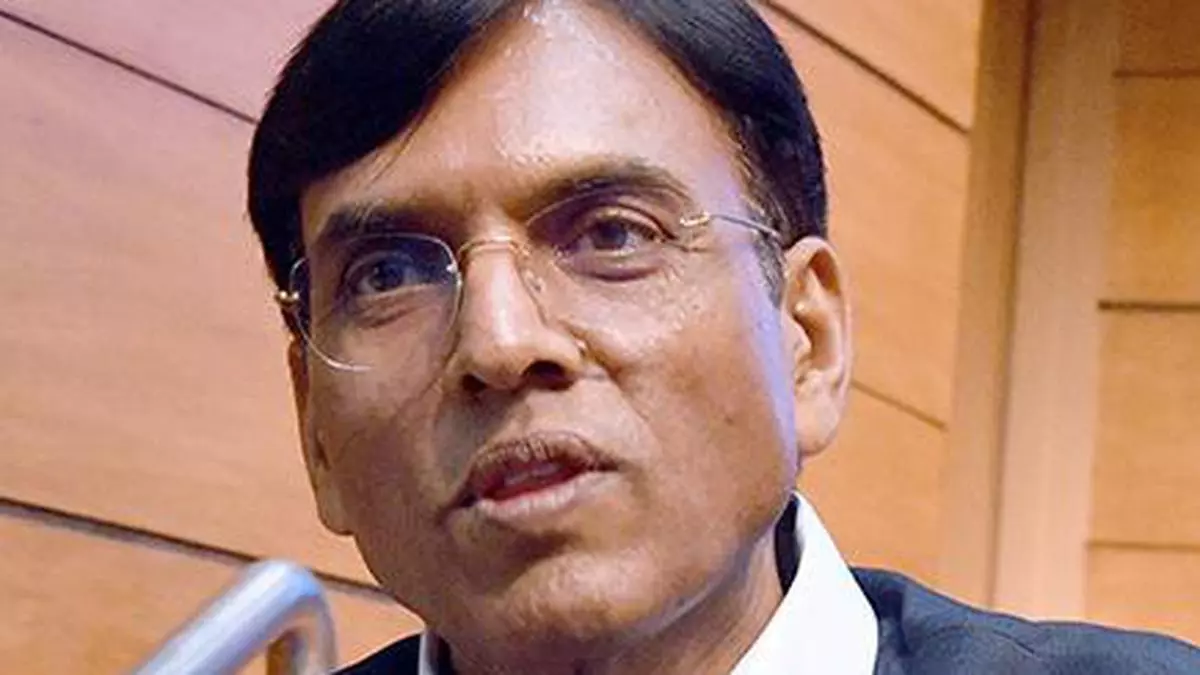Mandaviya asks global fertilizer suppliers to desist from cartelisation, profiteering in crisis
New Delhi
Taking on global fertilizer companies for high prices of crop nutrients, India’s Fertilizer Minister Mansukh Mandaviya on Wednesday criticised the approach of profiteering at a time of crisis. The minister said that India is moving towards alternative fertiliser as “subsidy is not the issue, cartelisation is”.
He declined to comment if ₹13,500 crore additional subsidy allocated in supplementary demand of grants over and above the Budgetary allocation of ₹1.75-lakh crore will be enough to meet the actual requirement of subsidy for current fiscal.
In his inaugural address at the annual conference of the Fertilizer Association of India (FAI), Mandaviya said: “Following the outbreak of Covid 19, we supplied medicines to over 150 countries. But we told pharma industry not to hike prices and it was complied. We helped the world as it was a global crisis. We feel it is our responsibility to help in such crisis situation.
“But, global fertilizer companies are not listening. Recently prices of DAP increased to $590/tonne from $450 within a span of 15 days. You (global suppliers) discard the attitude of “where India will go”. This kind of situation in fact encouraging us to find out alternatives and it is not in long term interest of both (buyers and sellers),” Mandaviya said.
‘Market should determine’
He cited that after the launch of nano-urea, which is a non-subsidised liquid nitrogen fertilizer, it has been observed that farmers in 200 districts have lowered the use of granular urea. He said the government has been trying to make farmers aware about alternative fertilizers through its 2 lakh PM Kisan Smriddhi Kendras (PMKSKs).
The minister said while every industry is for profiteering, it is essential to maintain some be reasonableness. “Can we enter into long term contract with same market rate having a scope of hike in the range of 1-3 per cent,” he suggested and also added there should be India-specific price, insulated from global fluctuation.
“It is not proper for any sector when a country or a company decides the price. It should always be determined by market,” Mandaviya had said last year at the FAI event. Though it could help the global fertilizer suppliers in the short run, but it will be counter productive in the long run since India will move towards alternate fertilizers, he said.
Highlighting the efforts of the Centre, Mandaviya said: “The Government has been stepping up its support to the small and marginal farmers, prioritising their welfare and thereby, meeting the food security goals of the nation. During the past 2-3 years, the government has absorbed the impact of high global commodity prices and ensured the availability of fertilizers at stable MRP. This has resulted in stable fertilizer consumption and a record agricultural output during these years, as compared to de-growth in consumption globally.”
On steps towards self sufficiency, he said that over 3 million tonnes (mt) of urea capacity have been revived, with the additional capacity expected to come on-stream in next couple of years. He said that the government been working towards raw material security in the Phosphatic and Potassic sectors and are encouraging Indian companies to partner in overseas ventures, long term strategic partnerships and mining.
He also underscored the need to focus on promotion of integrated crop management, improving soil health through balanced nutrition, developing technologically superior products and penetrating technology from labs to farmers field to promote sustainable farming practices.
